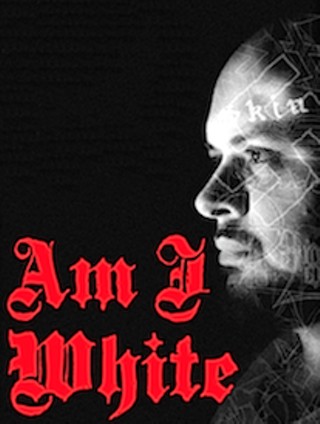Am I Black Enough For You? By Anita Heiss [Milatovic Review]Posted in Articles, Autobiography, Book/Video Reviews, Identity Development/Psychology, Media Archive, Oceania on 2014-10-09 17:36Z by Steven |
Am I Black Enough For You? By Anita Heiss [Milatovic Review]
Transnational Literature
Volume 6, Number 2, May 2014
3 pages
Maja Milatovic
University of Edinburgh, Scotland, United Kingdom
Anita Heiss: Am I Black Enough for You? (Random House: Sydney, 2012)
Anita Heiss’ Am I Black Enough for You? is a compelling and deeply affective memoir on community, family, alliances and the complexities of identity. This work contributes to Heiss’s prolific oeuvre as a proud Wiradjuri woman, writer, educator, public speaker and literary critic. Heiss is the author of historical fiction, non-fiction, social commentary, poetry and travel pieces and the creator of an innovative genre of commercial women’s fiction named ‘Koori chick-lit’, or ‘choc-lit’, featuring urban Aboriginal women
The thought-provoking title of the memoir, Am I Black Enough for You?, reflects its preoccupation with identity. Posing the question, Heiss invites readers to reflect, consider and reconsider stereotypical and received notions about Aboriginal identity. The memoir begins with an act of self-defining, attesting to its importance and necessity, as Heiss embraces her diverse selves, firmly rooted in her identity as a Wiradjuri woman: ‘I am an urban, beachside Blackfella, a concrete Koori with Westfield Dreaming, and I apologise to no one’ (1). Throughout her introductory chapter, Heiss challenges stereotypical notions of Aboriginal identity, asserting her connection to her land and community. Analysing terms such as ‘Aborigines’, Heiss reveals the problematic constructedness of such terminology connected to the history of invasion and dispossession, emphasising once again the importance of self-expression and self-representation.
Following the introduction, Heiss references her much-publicised suit against conservative columnist Andrew Bolt and his article which targeted Heiss and several others, claiming they have chosen their ‘Aboriginal identity’ for personal and professional gain. Along with eight other plaintiffs, Heiss took Bolt to court for breaching the Racial Discrimination Act and won the case. She reflects on Bolt’s discriminatory and inaccurate assumptions and challenges prescriptive notions about Aboriginal identity emerging from colonialist imagination. Winning the case against Bolt, Heiss significantly contributes to countering problematic representations of Indigenous people in the media and encourages dialogue on equality and accountability…
Read the entire review here.
